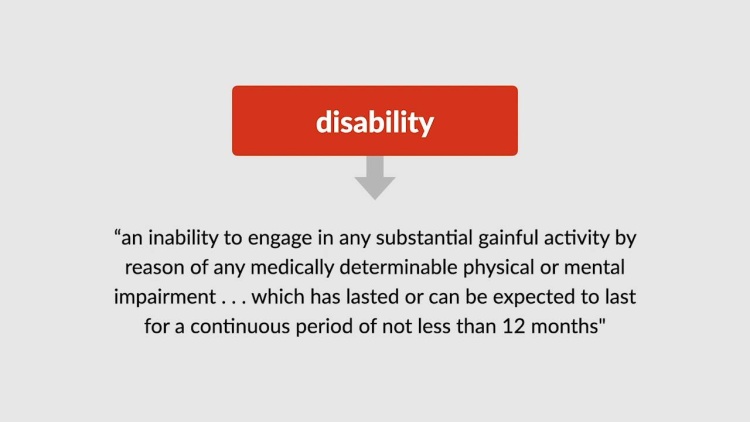Barnhart v. Walton
United States Supreme Court
535 U.S. 212, 79 Soc. Sec. Rep. Serv. 1 (2002)
- Written by Susie Cowen, JD
Facts
Cleveland Walton (plaintiff) applied for disability benefits and Supplemental Security Income under a provision of the Social Security Act (the act) that authorized disability benefits for individuals unable to engage in any substantial gainful activity by reason of a medically determinable mental impairment that had lasted or could be expected to last for a continuous period of not less than 12 months. Upon reviewing his application, the Social Security Administration (SSA) (defendant) determined that Walton had developed a serious mental illness that caused him to lose his job as a full-time teacher. The agency further found that Walton was able to engage in substantial gainful employment as a cashier 11 months after losing his teaching job. The SSA denied Walton’s claim on the ground that his inability to engage in substantial gainful employment lasted 11, not 12, months. In doing so, the agency interpreted the act to mean that a claimant is not disabled by an impairment if, within 12 months after its onset, the impairment no longer prevents substantial gainful employment. Walton challenged the agency’s decision in federal court. The district court affirmed the agency’s decision, but the court of appeals reversed on the ground that the act’s 12-month duration requirement modified the word “impairment,” not the word “inability.” The United States Supreme Court granted certiorari.
Rule of Law
Issue
Holding and Reasoning (Breyer, J.)
What to do next…
Here's why 907,000 law students have relied on our case briefs:
- Written by law professors and practitioners, not other law students. 47,100 briefs, keyed to 996 casebooks. Top-notch customer support.
- The right amount of information, includes the facts, issues, rule of law, holding and reasoning, and any concurrences and dissents.
- Access in your classes, works on your mobile and tablet. Massive library of related video lessons and high quality multiple-choice questions.
- Easy to use, uniform format for every case brief. Written in plain English, not in legalese. Our briefs summarize and simplify; they don’t just repeat the court’s language.





